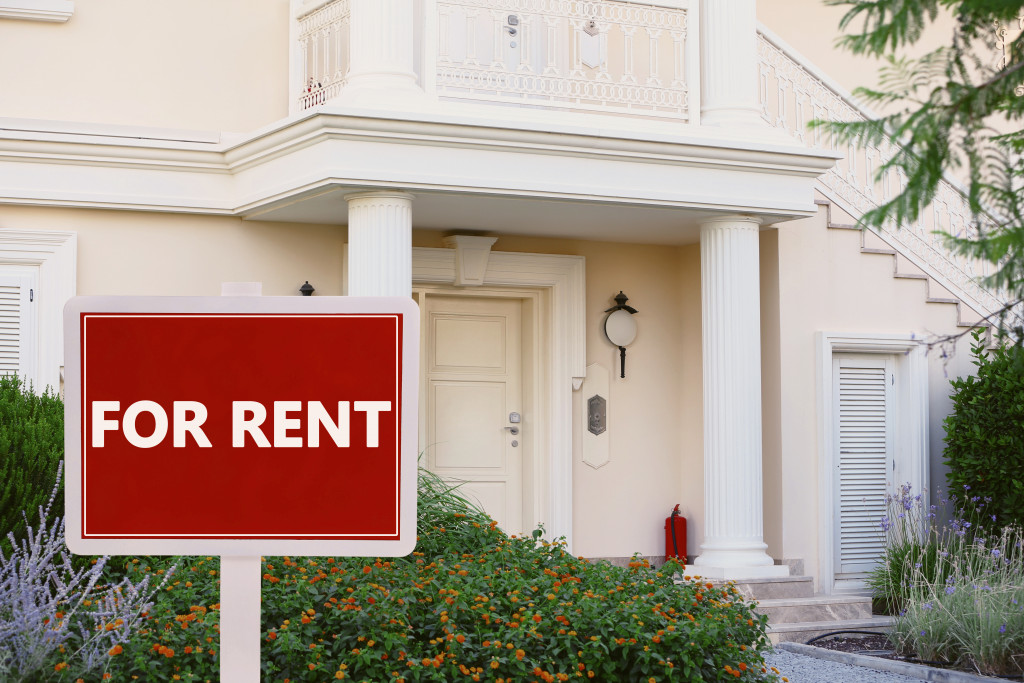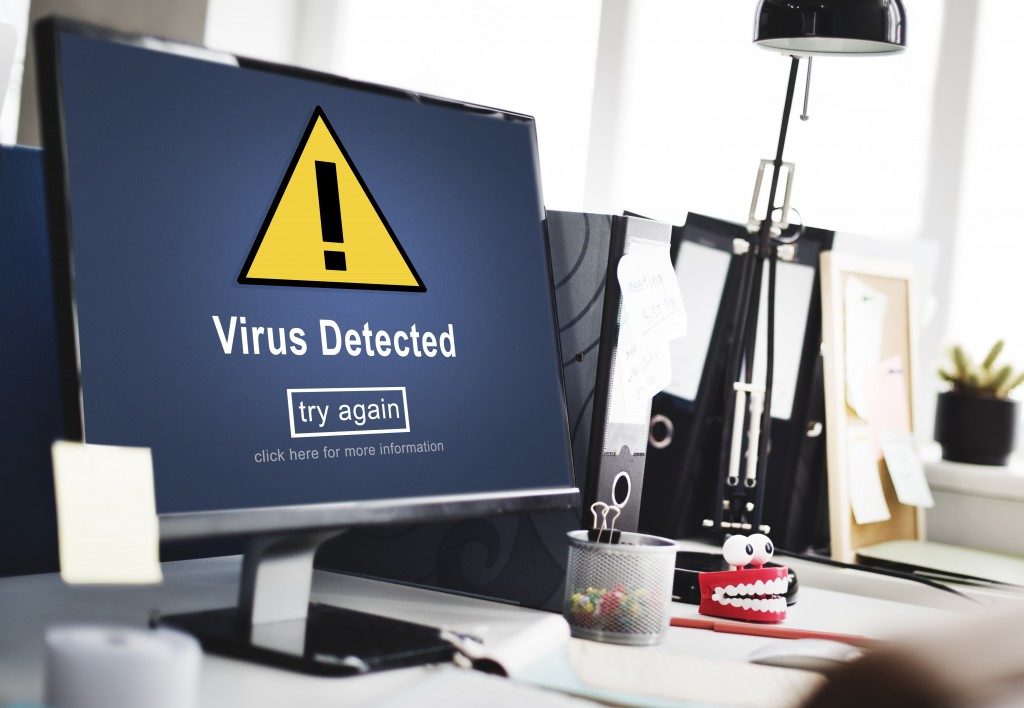• You should ensure that all electrical systems are up-to-code and GFCI protected to prevent electrocution.
• Check that the water supply meets local standards for potability and maintains the correct pressure.
• Inspect appliances annually for any signs of wear or damage that could lead to a fire.
• You need to install smoke detectors and CO alarms in all bedrooms and living spaces.
• You should also install secure locks on doors and windows to deter burglars.
As a real estate investor, you have a responsibility to ensure the safety of your tenants. This means making sure that your property is up-to-date on all health and safety standards and that everything is in working order. In this blog, you will learn about a few essential tips for keeping tenants safe in your residential properties.
Check Electrical Systems
A key component in tenant safety is an up-to-date electrical system. The last thing you want is an electrical fire due to outdated wiring or overloaded circuits. Make sure all of your wiring systems are up-to-code and that all outlets have GFCI protection which will prevent electrocution if anything goes wrong with the wiring. Also, double-check that all outlets are properly grounded and labeled correctly so that tenants know where they can safely plug in their electronic devices without the risk of shock or sparks flying out of the outlet.
Make Sure the Water is Clean
The most crucial safety measure for any residential property is clean drinking water. It’s essential to make sure that your water supply meets all local standards for potability. You should also check the water pressure regularly to ensure it’s suitable for everyday use. If you are using a well or other private water system, it’s important to test it at least once per year and take additional measures if needed to bring it into compliance with local laws.
Use a water analysis kit to determine the quality of your water at all times. A water analysis kit will tell you if your water contains any contaminants or other substances that could be dangerous for tenants to drink. This will help you ensure its safety.
Inspect Appliances Regularly
Another critical part of tenant safety is making sure all appliances are in good working order and not posing any danger to tenants or their possessions. Here are the appliances you should check and how you can properly inspect them:
Refrigerators

Refrigerators should always be inspected for mold, rust, and other signs of wear. Make sure to check the temperature inside the unit and that all parts are functioning correctly.
Stoves/Ovens
Check burners, ovens, and grates for any signs of wear or potential fire hazards. Test all heating elements to make sure they are operating at the correct temperature.
Dishwashers
Check the dishwasher for any leaks and make sure all hoses are correctly connected. Make sure to test all cycles to ensure that they are working correctly.
Air conditioners
Check air conditioners for any potential leaks and make sure the filters are clean. Make sure that all components of the unit are in good working order.
Be sure to inspect appliances at least once per year for any signs of wear or damage that could lead to fire or other accidents down the road. If there are any issues, be sure to repair them quickly rather than just ignoring them until something bad happens!
Update Smoke Detectors and Carbon Monoxide Alarms
Smoke detectors and carbon monoxide (CO) alarms are essential for protecting tenants from potential fires or poisoning from carbon monoxide gas leaks within the home. Ensure these devices are installed in every bedroom and other areas, such as hallways and living rooms. Be sure they are checked regularly and replaced every five years or so, depending on usage levels, to ensure they remain functional at all times!
Install Secure Locks on Doors and Windows

Finally, lock security should not be overlooked when looking after tenant safety within residential properties. Installing deadbolt locks on exterior doors can help prevent intruders from entering the premises while also providing peace of mind for tenants who may worry about break-ins when away from home for long periods of time (e.g., vacations).
Additionally, window locks should be installed where applicable since windows present another potential point of entry into the building—especially if they’re located on ground floors or near stairwells!
By following these essential tips for tenant safety, you can ensure that everything from electrical systems and water supply to appliances and locks are up-to-date and functioning correctly at all times. This will help keep everyone safe while providing peace of mind for those living onsite. Understanding landlord/tenant laws will also be beneficial for ensuring tenant protection—so take some time to brush up on local regulations before renting out any property!



